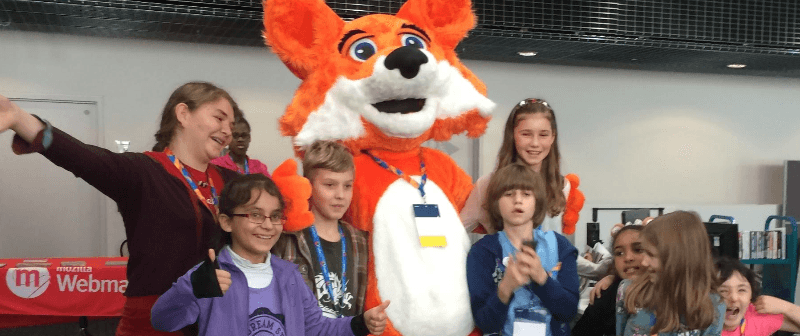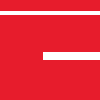Originally published at DZone – 04.23.2015

This 2015 Spring sees the launch of the new Mozilla community portal teach.mozilla.org together with an open invitation to join Mozilla by creating your own Mozilla club to simply guide people to learn by “making” together anywhere from your office to the library and your local coffee shop – as a global movement of people who value sharing stuff together.

EPIK “Mozilla Club” Family open day: MineCraft computer coding with NetBeans IDE and JAVA modding diamond laying chickens: Canterbury UK at the ionCube offices.
An EPIK Journey
I met Mozilla in 2012, I say met as I had been using Firefox for some time by then but that didn’t mean I knew about the Mozilla community nor about its people oriented sharing ethos. I attended my first MozFest in 2012 and by the next spring I had joined the mission to help “Keep the web free and open for all”. That spring I attended a week long Mozilla in-house training in Athens, where I was hacking and aligning my own agenda to fit with Mozilla’s mission. This through helping Geeky youths, kids and their families to find a home where they were welcome based on what the kids wanted, MineCraft; we as parents at EPIK (Encouraging programming in kids) opted to use Minecraft as an introduction to “Code Literacy” and to develop social skills through peer to peer collaborative projects for our children and their peers, the makers of tomorrow.
As part of my HR role for ionCube, sourcing Object Oriented Programmers is what I do and it’s getting harder. The reality is, we need more people to consider using the media of code to express themselves in. This in my view needs to be experienced together, as a community of makers, to add meaning – the “why” should I do this? This to appeal to a wider audience. There needs to be a social interaction between the doing and the thinking in order to help facilitate understanding around what else a person can do with their newly developed skills. Forced learning, being told “you must” in order to achieve academic accomplishment can demotivate the learner, affecting the impact of the lessons. Consider the mechanical repetitive nature of learning to play the piano: What inspires and facilitates a mindset shift from a user of the piano to a maker of music? Is it practice for its own sake as a milestone achievement or is it influenced by the group, as people we value and want to be with, that also includes an extraordinary nearly obsessive amount of practice and learning as an ongoing reflective process?
Usability is Key
Our biggest challenge in creating the teaching kit was not re-purposing Minecraft, nor developing its social aspects but rather our choice of the IDE (integrated development environment) as our biggest point of failure. For most of us who write, we now use a WP (Word processor) of some kind. An IDE is to “Code” as a WP is to “Words”, both make our lives easier; as a Dyslexic I remember my first 1512 home computer which opened up this whole new world of “Writing stuff” where before it had been a torturous place filled with frustration to today applying to do a Masters in Digital education.
There are many free IDE’s out there but not all are as robust as each other and NetBeans together with its active open source community, whom like the Linux community, are both willing to support the youth learner’s journey and engage, is the IDE we finally settled on. Once we’d cracked the IDE issue it enabled us to progress with our Minecraft “Code Literacy” teaching kit which is being featured as part of the new Mozilla community portal, so that anyone can use it. Usability when dealing with kids and especially their parents is the most important thing. You risk losing them if the process is not thought out. There is nothing wrong with coding but it has plenty of usability issues, making coding a “This is not a media for me and thus nor my childs” this from the adult consumers amongst us to whom making stuff is not second nature as a can do mindset.
Our main objective in creating the teaching kit was to help folks DIY and hack it for themselves by adding their own “What next step” and to support this DIY process we regularly also attend technical conferences by invitation to run Minecraft hacking workshops to help kick start local interest led by our youths mentors, from San Francisco to Istanbul by translating the teaching kits and training local volunteers to help us run the live events.
The Minecraft Java NetBeans teaching kit is one of many kits that can be found at Mozilla as open source contributions aimed at helping people “Make stuff” together; in EPIK’s case using Minecraft as an introduction to “Code Literacy” helping to make code a little less daunting and where the only limit is ones imagination.
Where to Next?

Why not join our community as a Mozilla club and come meet us at our next live event in San Francisco as part of the JavaOne 25th anniversary and in London at the Mozilla Festival. Where we would like to encourage you to come share your skills and projects together and to help us inspire as a community the next generation of makers to transfer their passions to our world, as makers of stuff.
Find out more about EPIK
